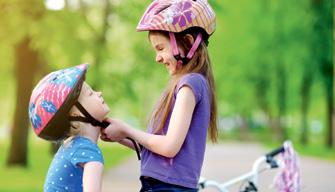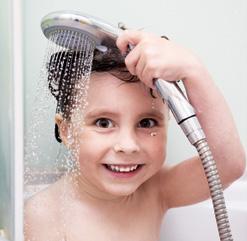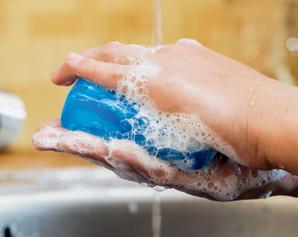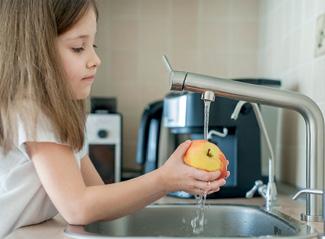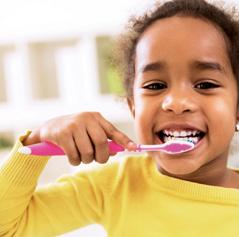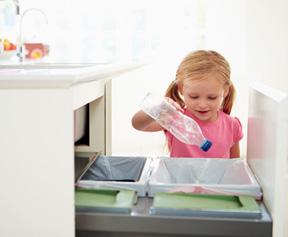DUAL FOCUS Science
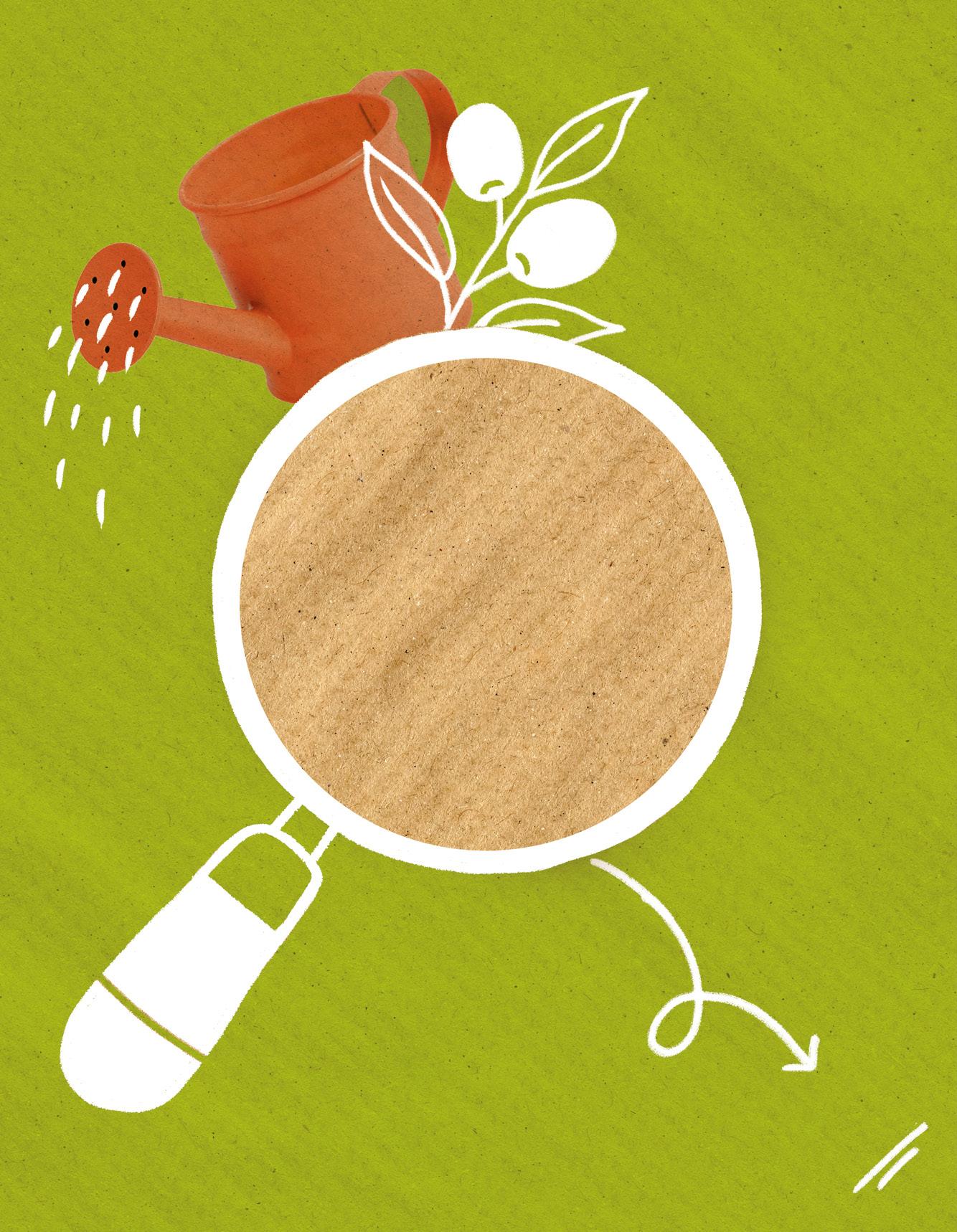


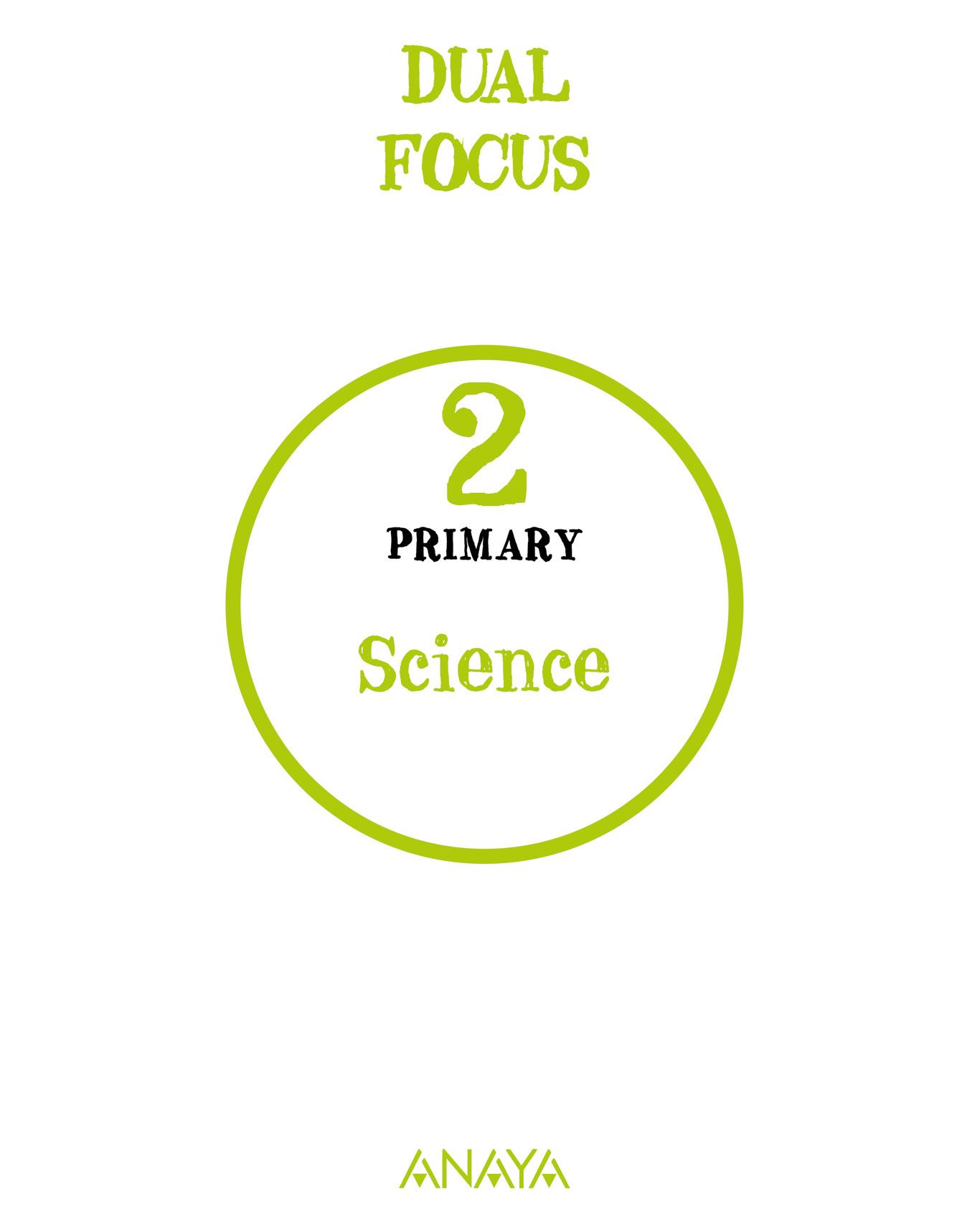
1
• Vocabulary
• What you are like and how you change
• Breathing and feeding
• Transporting substances and eliminating waste
• Detecting and reacting, and moving
• Time for action. Make some cards for the parts of the human body
7
Protecting
the
• Find the way
• Globes, maps and plans
• Knowing my planet
• Time for action. Let’s explore London!
I like this landscape ...................
49
Let’s
• Vocabulary
• What are health and illness?
• Food
• Being healthy
•
• Vocabulary
• The neighbourhood where I live
• The council
• Public services for everyone!
• Festivals and traditions everywhere
• Time for action. The place where I live
What
• Vocabulary
• Ready from nature
• Making products
•
• Helping others
• Time for action.
• Vocabulary
•
• Mammals and birds
• Reptiles and amphibians
• Fish and invertebrates
•
2 3 4 5 6 8
• Vocabulary
• Plants are living things
• Nature, environments and people
• What’s in a landscape?
• Far from the sea: inland landscapes
• Near the sea: coastal landscapes
• Be green!
• A Holiday in Andalucía.
• Time for action. Welcome to the UK!
Let’s make our planet cleaner! .......... 57
• Vocabulary
• What is matter?
• Materials
• Matter changes
• Lots of energy
• Time for action. Let’s make a materials guide
about technology ................
• Technology
• ICT
• Project
• Time for action. Carry out a project and create a machine jigsaw
63
69
• The water cycle
• We use water every day
• The weather changes
• Time for action. Let’s play!
• Vocabulary
• Moments in time
• Calendars and timelines
75

The page that shows the key vocabulary you will encounter in the unit.
The activities on these pages work on the basic unit content, as well as the different language skills.


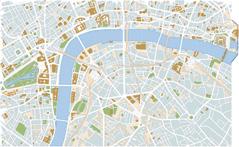








Each unit ends with a task or challenge to help you develop your skills by applying your knowledge in a different context.
The suggested activities have been specially designed to gradually and continuously develop the four language skills. The main skill worked on in each activity is highlighted:


The groups of animals are…

Reptiles
Amphibians

Animals
Depending on their skeleton
Vertebrates
They have a skeleton inside their body with a spine.
Invertebrates
They do not have a skeleton inside their body with a spine.
Depending on what they eat
Carnivores
They eat animals
Herbivores
They eat plants
Omnivores
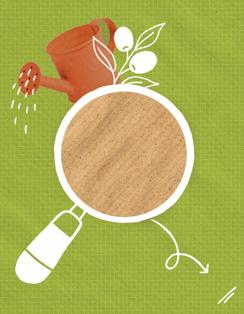
They eat animals and plants
Depending on how they are born
Viviparous

They are born from their mother’s womb
Oviparous
They hatch from eggs their mothers lay
Birds
Mammals Oviparous. Have a beak, feathers and two legs. Some fly.


Most are viviparous Have hair and four limbs.


Most are oviparous. Have scales.

Most are oviparous. Have thin, bare skin.

Fish
Most are oviparous. Have scales and fins. Live in water.


Sac-like body. Poisonous tentacles.
Round or star-shaped. Hard covering with spines.
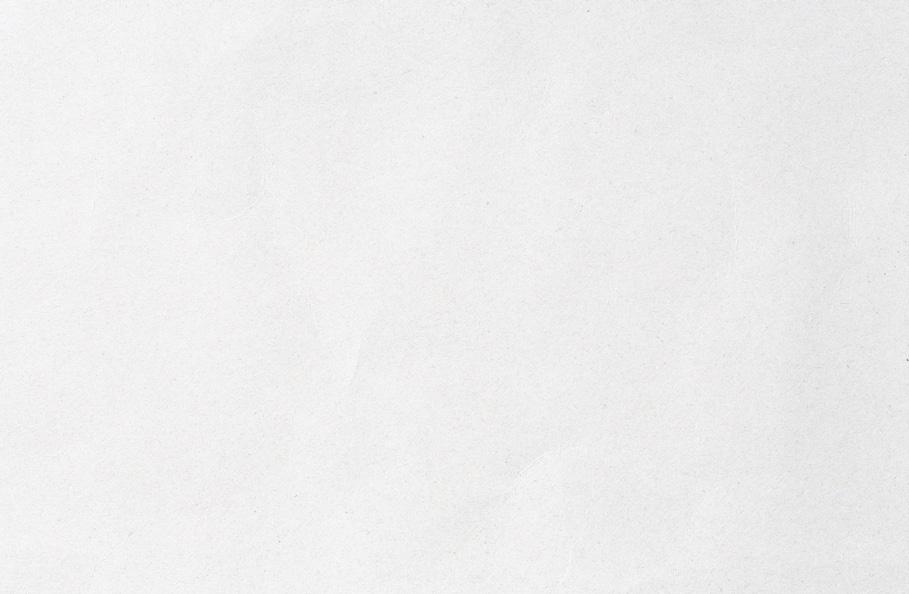
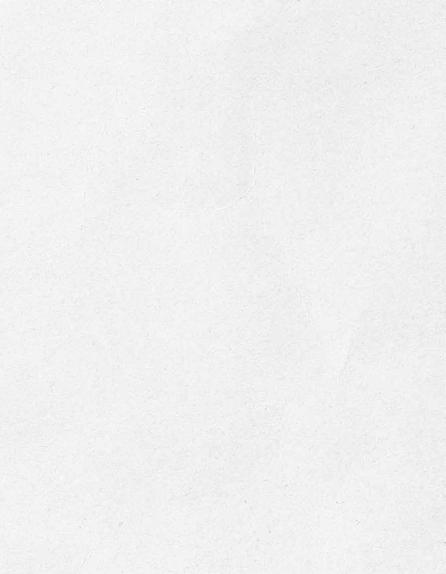
We should respect all animals


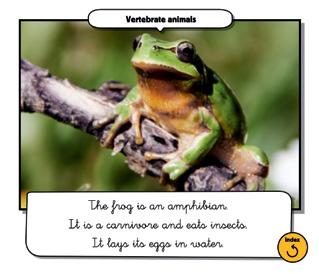

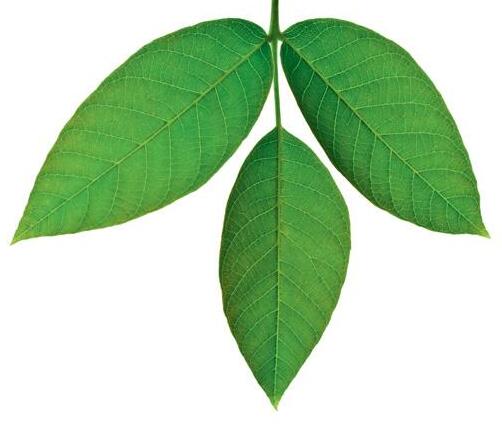
This is where you will find resources, techniques and activities to help you consolidate your knowledge. Go to www.anayaeducacion.es, and follow the steps at the beginning of your Spanish book.




Your book contains references to the online resources you can use to learn more about each topic and to develop your English language skills.
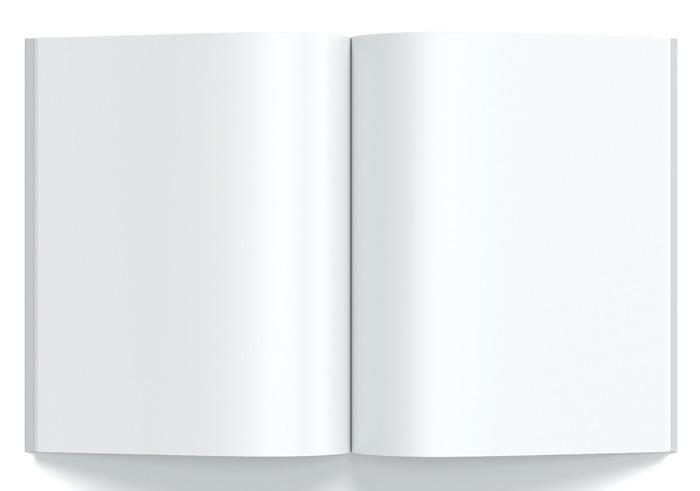
Vocabulary
Respiratory system
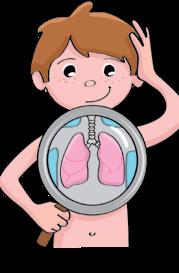
Trachea Lungs
Excretory system
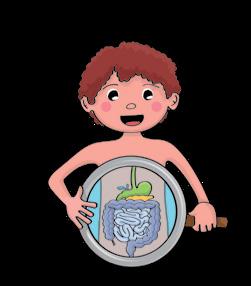
Kidneys
Digestive system
Oesophagus

Circulatory system
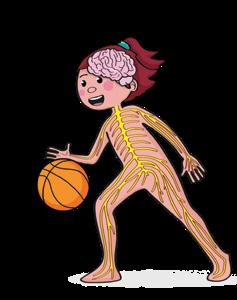
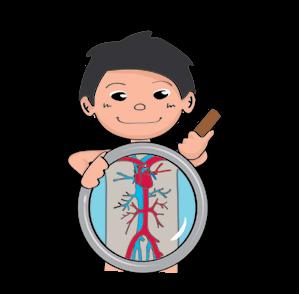
Heart
Stomach
Intestines
Locomotor system

Blood vessels
Brain
Bones
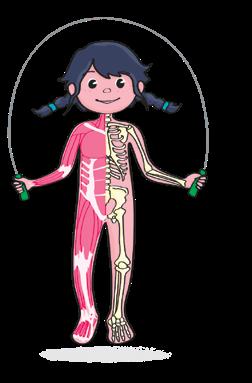
Muscles
Bladder


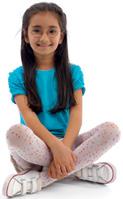









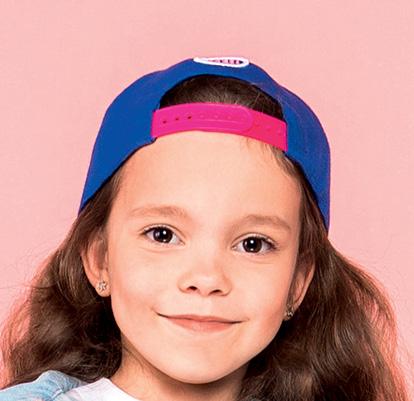
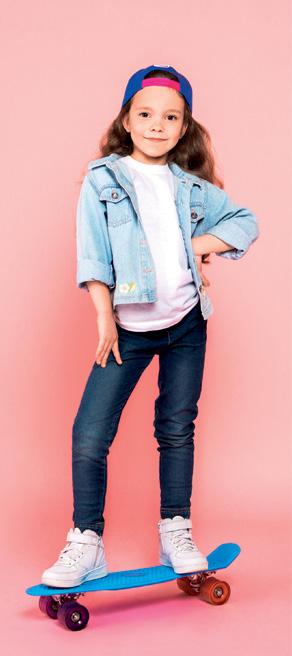

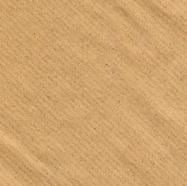
1
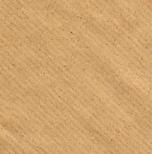
How do we breathe? Look at the diagram and complete.
We use our respiratory system to breathe.
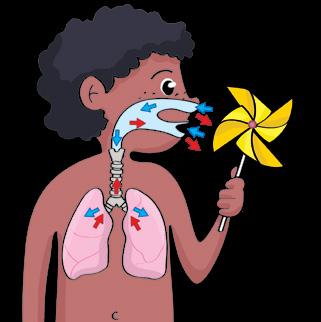
Read about how we get nourishment from our food. Underline the part of the body where digestion occurs. 2
We put food in our mouth. The food passes through the oesophagus.
It moves to the stomach, where it is digested.
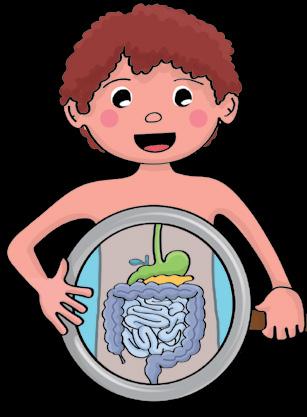


It then reaches the intestines, where we obtain the substances we need.


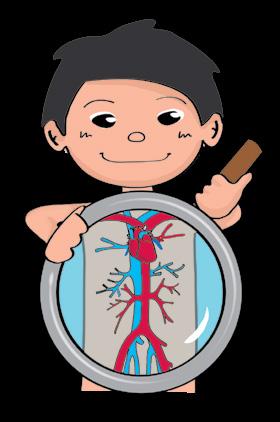
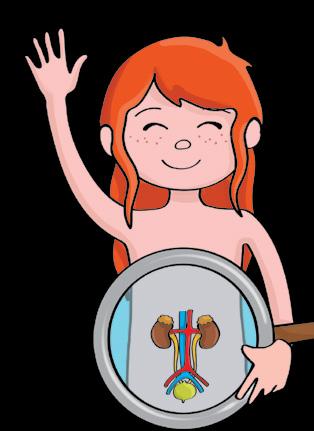




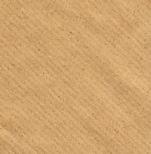



Complete. Explain what happens when you touch a cactus. Write: brain, muscles and senses.


Take two different coloured pieces of card and cut them into 6 equal parts. Now you have 6 cards in each colour!
Choose one colour and draw a body part on each card. You can draw any parts you like. Write the names of the parts under the pictures.
On the other cards, write a characteristic of each of the parts you drew.
It’s on the face and it is good for smelling.
It’s in the chest and pumps blood.
They are hard and form the skeleton.
Now, swap your set of cards with a partner for them match the parts to their characteristics.
It’s on the face and it isgoodfor smelling. hardTheyare andskeleton.formthe Nose Bones Heart




It’s in the chest and pumps blood.

…sleeping and resting
…preventing illness and accidents
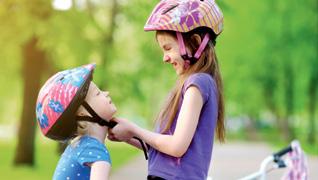

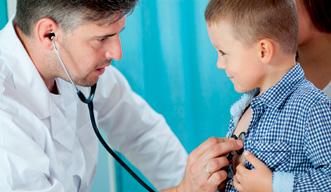

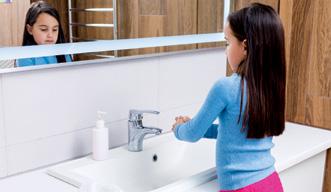
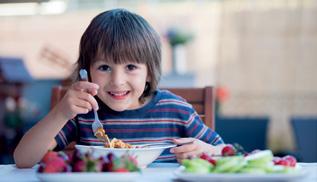
Milk
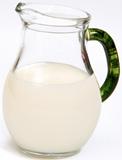
Fish Bread



Oil
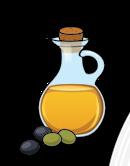
Pulses

Meat
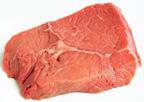
Pasta

Cereals Fruits
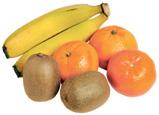


Food
Eggs

Vegetables

Let’s learn how to stay healthy!
The body isn’t working properly
The body is working properly Illness

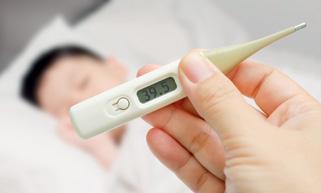


Circle the object that protects our head.

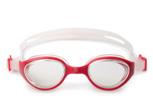
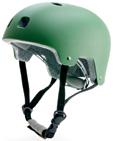
Write the name of the object that protects our eyes.
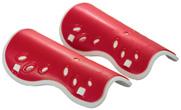
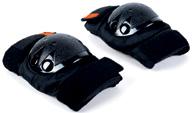

1
Use the colour code and circle:
Natural foods
Processed foods
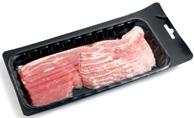




2

Milk Fish Bread


Vegetables Eggs
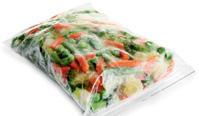


Yoghurt

Fruits
What is an expiry date or best before date? Read the definition.


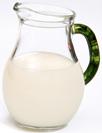
The expiry date and the best before date on a food product are de dates we should consume a product by to make sure it is safe and good quality. You generally find them on food labels, packaging or shells.


Expiry date
Match the foods to their form of preservation.

Best before date
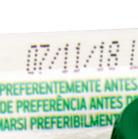
Which foods are in good condition? Circle them.
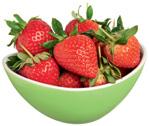
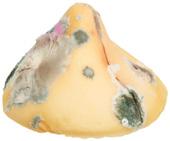

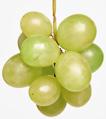



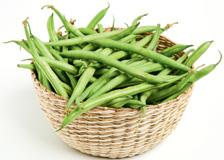

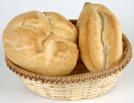
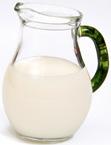
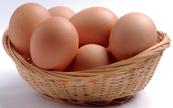

Help you grow and be strong
Make sure the body works well
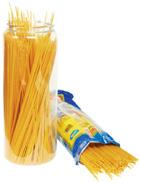

2

Fish

Tomatoes


Lettuce Bread Pear







You should
3 hours a day.

You should do to keep healthy.
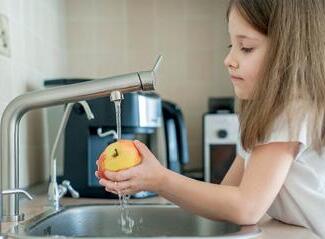

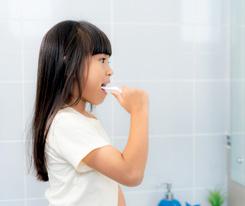
Say how do you feel and draw a picture to show it.
Strawberries


Let’s play a game about health
Write two healthy habits and two unhealthy habits in the blank spaces.




Now you have a board to play on! You will also need dice and a counter for each person.
Throw the dice and start playing. If you land on a square with a healthy habit, throw again. If you land on a square with an unhealthy habit, miss a turn.

Look at you ..................................
Let’s look after ourselves! .....................
Let’s go together ..............................
What job do you like? .........................
I care about animals ..............................
Let’s look after nature .......................
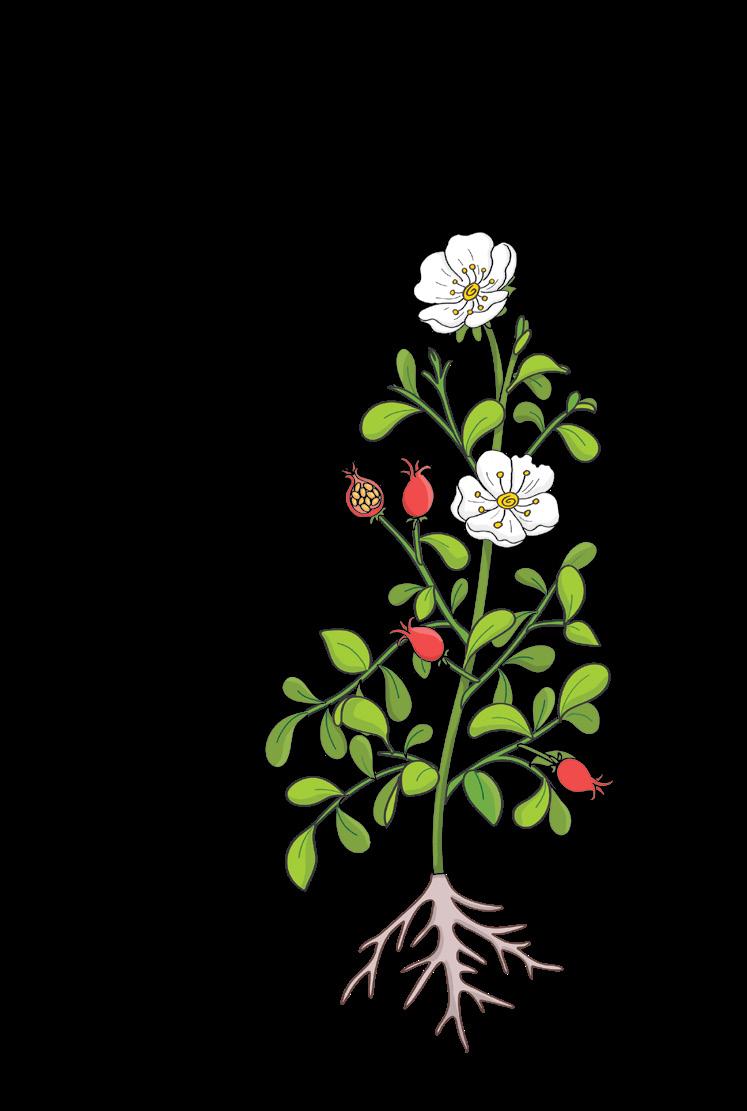
Where are you? .............................
I like this landscape ..........................
Let’s make our planet cleaner! ................
Think about technology ...................... Having fun with water ......................
Make
most of your time! ..................
Your body
Upper limbs:

Lower limbs

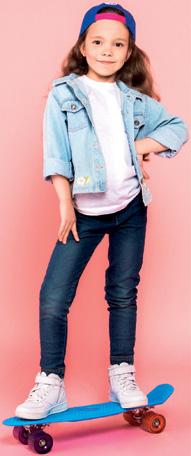
During our lifetime
Childhood Adolescence Adulthood or maturity Old age



0 years old
twenty-four

until 12 years old
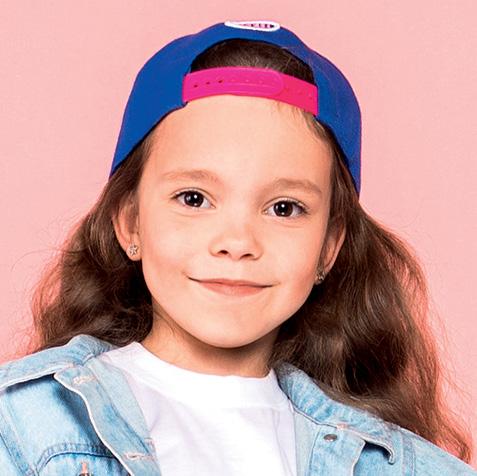
until 20 years old
until 70 years old
from 70 years old
Your respiratory system
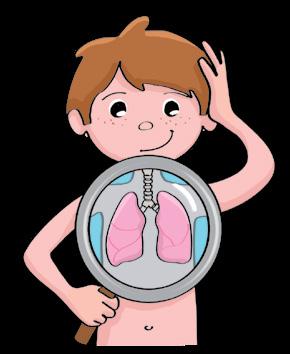
Your digestive system

Your circulatory system
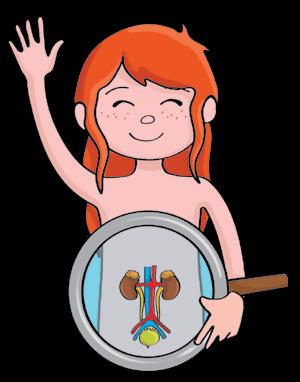
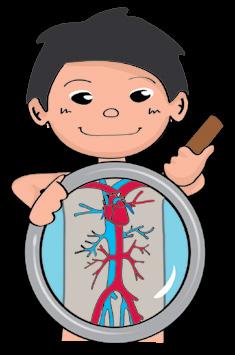
Heart
Nose
Mouth
Lungs
Your excretory system
Kidneys
Your brain and nerves
Brain
Nerves
Oesophagus
Mouth
Stomach
Intestines
Your musculoskeletal system
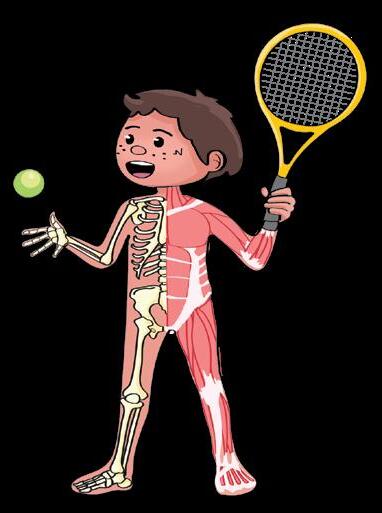
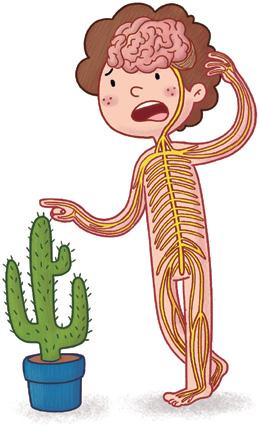
Blood vessels
Bladder

Your senses
Sight Taste
Hearing
Smell
Muscles
Bones
Joints
Girls and boys have equal rights
Touch
What are health and illness?
Is our body working properly? Do we feel well? Do we have a good relationship with other people? No Yes

How can we look after ourselves?
Have a healthy diet
Substances that help us to grow strong.

foods that give us

Natural foods Processed





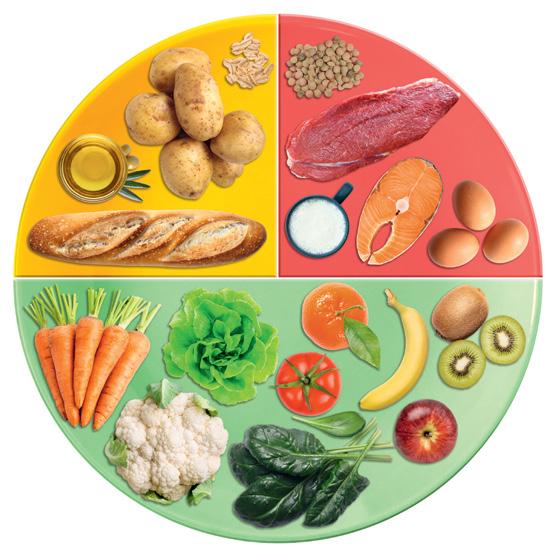
foods
Substances that keep our bodies working well.

We should help people without clean water, food, or a health centre...
